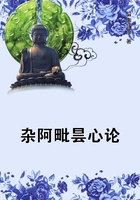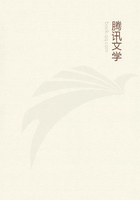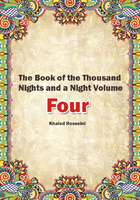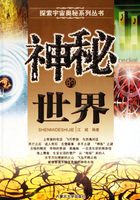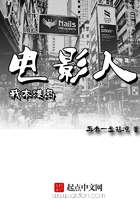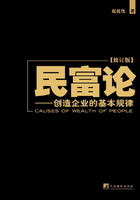We were not rendered much the wiser by this piece of information, till we found by the opening speech of the counsel for the promoter, that, under a half-obsolete statute of one of the Edwards, the court was empowered to visit with the penalty of excommunication, any person who should be proved guilty of the crime of 'brawling,' or 'smiting,' in any church, or vestry adjoining thereto; and it appeared, by some eight-and-twenty affidavits, which were duly referred to, that on a certain night, at a certain vestry-meeting, in a certain parish particularly set forth, Thomas Sludberry, the party appeared against in that suit, had made use of, and applied to Michael Bumple, the promoter, the words 'You be blowed;' and that, on the said Michael Bumple and others remonstrating with the said Thomas Sludberry, on the impropriety of his conduct, the said Thomas Sludberry repeated the aforesaid expression, 'You be blowed;' and furthermore desired and requested to know, whether the said Michael Bumple 'wanted anything for himself;' adding, 'that if the said Michael Bumple did want anything for himself, he, the said Thomas Sludberry, was the man to give it him;' at the same time making use of other heinous and sinful expressions, all of which, Bumple submitted, came within the intent and meaning of the Act; and therefore he, for the soul's health and chastening of Sludberry, prayed for sentence of excommunication against him accordingly.
Upon these facts a long argument was entered into, on both sides, to the great edification of a number of persons interested in the parochial squabbles, who crowded the court; and when some very long and grave speeches had been made PRO and CON, the red-faced gentleman in the tortoise-shell spectacles took a review of the case, which occupied half an hour more, and then pronounced upon Sludberry the awful sentence of excommunication for a fortnight, and payment of the costs of the suit. Upon this, Sludberry, who was a little, red-faced, sly-looking, ginger-beer seller, addressed the court, and said, if they'd be good enough to take off the costs, and excommunicate him for the term of his natural life instead, it would be much more convenient to him, for he never went to church at all. To this appeal the gentleman in the spectacles made no other reply than a look of virtuous indignation; and Sludberry and his friends retired. As the man with the silver staff informed us that the court was on the point of rising, we retired too - pondering, as we walked away, upon the beautiful spirit of these ancient ecclesiastical laws, the kind and neighbourly feelings they are calculated to awaken, and the strong attachment to religious institutions which they cannot fail to engender.
We were so lost in these meditations, that we had turned into the street, and run up against a door-post, before we recollected where we were walking. On looking upwards to see what house we had stumbled upon, the words 'Prerogative-Office,' written in large characters, met our eye; and as we were in a sight-seeing humour and the place was a public one, we walked in.
The room into which we walked, was a long, busy-looking place, partitioned off, on either side, into a variety of little boxes, in which a few clerks were engaged in copying or examining deeds.
Down the centre of the room were several desks nearly breast high, at each of which, three or four people were standing, poring over large volumes. As we knew that they were searching for wills, they attracted our attention at once.
It was curious to contrast the lazy indifference of the attorneys'

